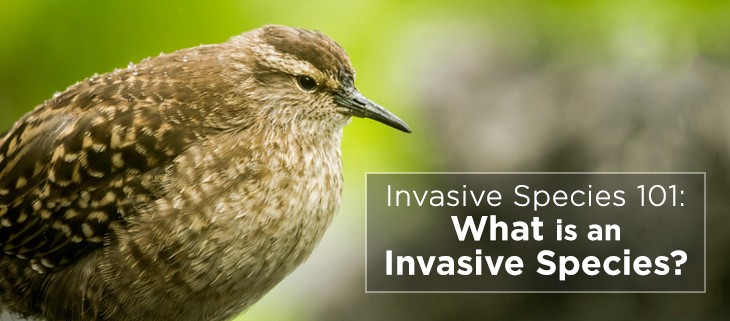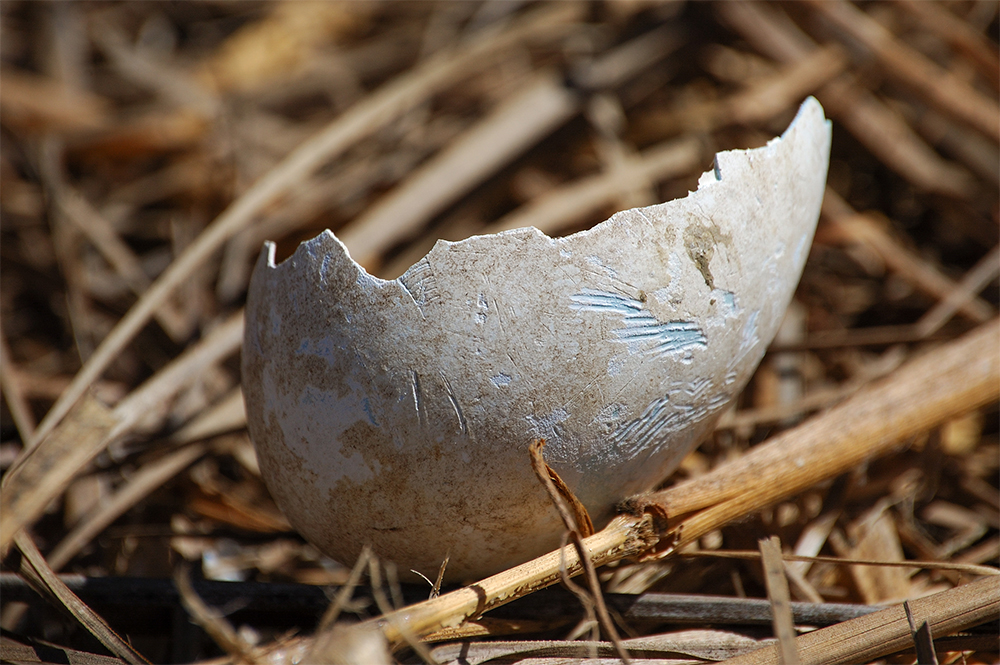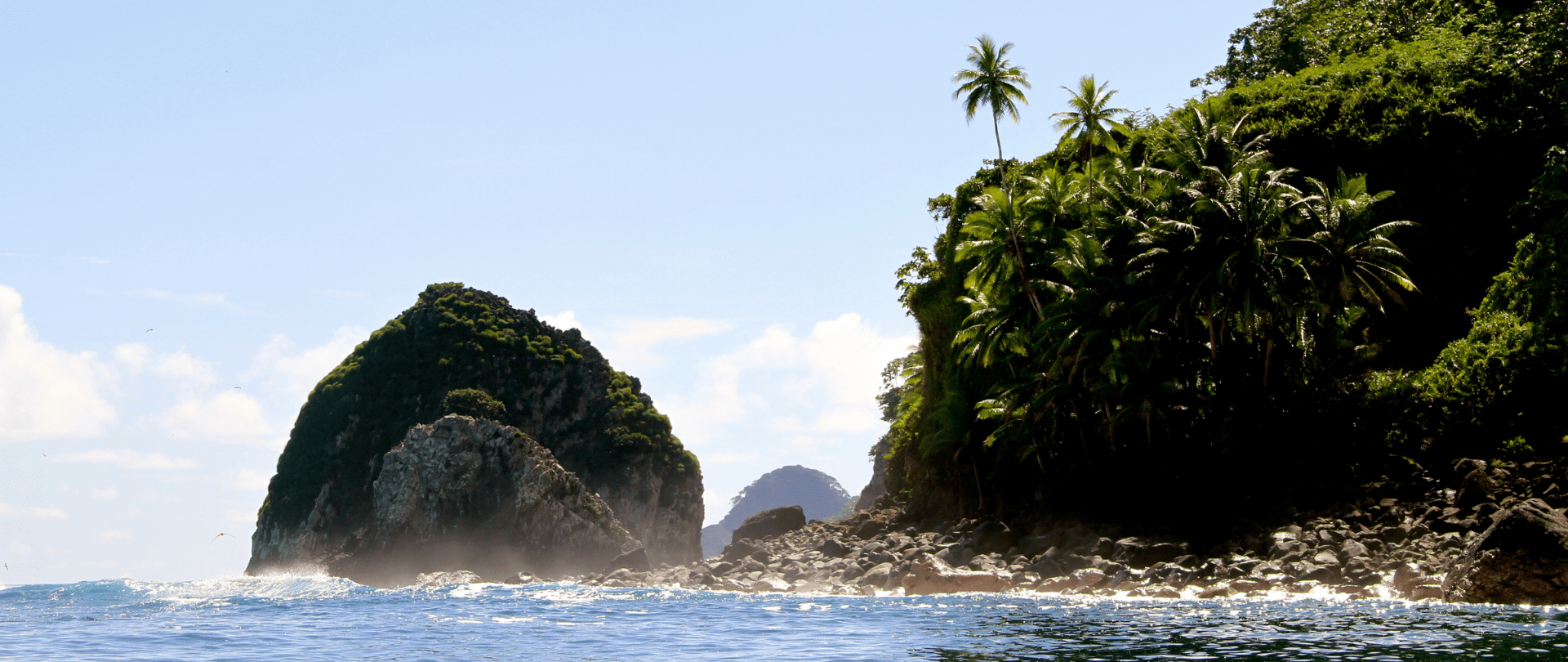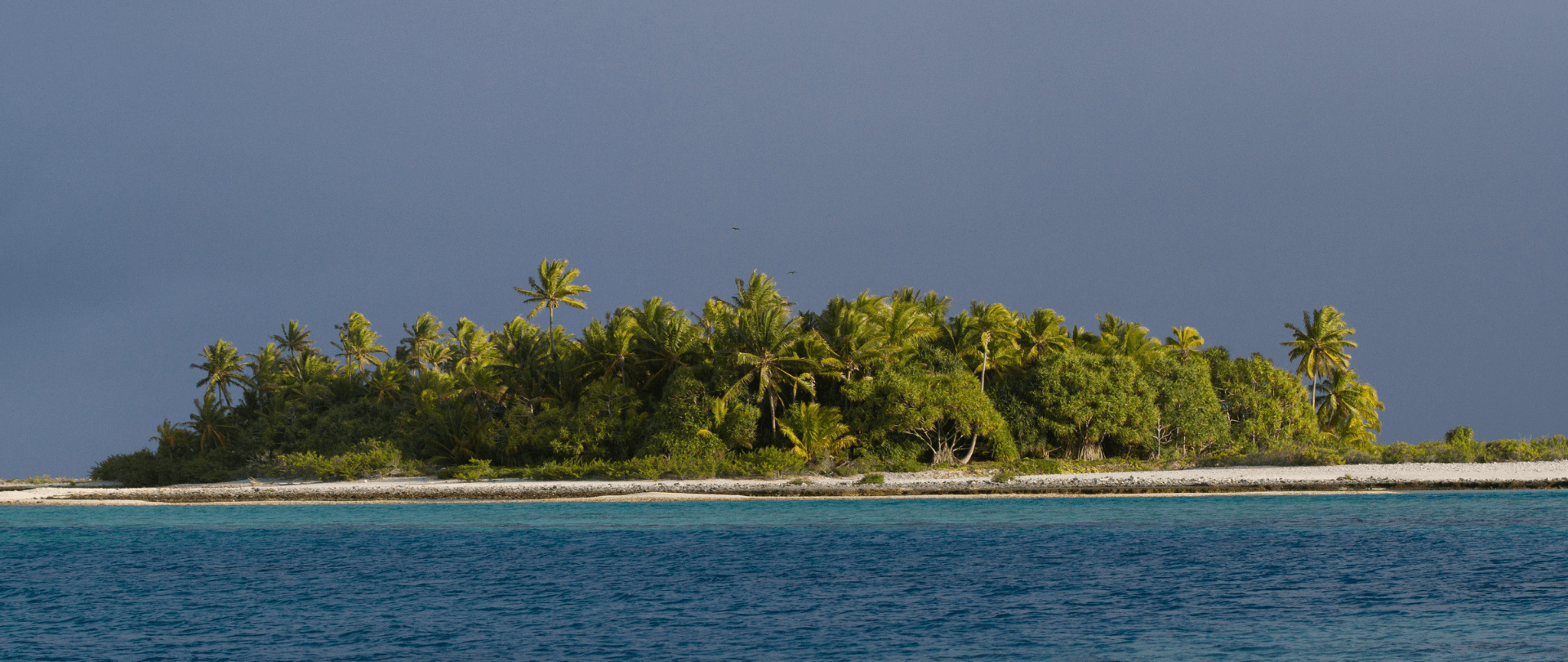The Ebiil Society: Champions of Palau
Ann Singeo, founder of our partner organization the Ebiil Society, shares her vision for a thriving Palau and a flourishing world of indigenous science!
Our new online shop is live!
Published on
February 21, 2018
Written by
Island Conservation
Photo credit
Island Conservation

According to the Convention on Biological Diversity an Invasive Alien Species is a “species whose introduction and/or spread outside their natural past or present distribution threatens biological diversity.” This is different than a non-native species. Non-native species are defined as “a species, subspecies or lower taxon, introduced outside its natural past or present distribution.” While both non-native and invasives are introduced beyond their natural ranges, the difference is damage. Invasive species are inherently damaging to their non-native ecosystems and can have detrimental effects for native species and overall biodiversity.

Invasive alien species can alter ecosystems or cause harm in a number of different ways. According to the National Invasive Species Information Center invasives can cause harm to human health, the economy, or the native ecosystem.
Invasive species often devour and alter vegetation, compete for limited resources, spread invasive plant seeds, and consume eggs, chicks, hatchlings, and even adult bird and lizard species.
On islands, invasive species can quickly cause serious damage to native animals that have evolved without this source of competition or predation. Once introduced, IAS are capable of driving species to extinction and have been the leading cause of extinctions on islands.
Featured Image: An Endangered Tuamotu Sandpiper (Prosobonia cancellata). Credit: Marie-Helene Burle/Island Conservation
Check out other journal entries we think you might be interested in.

Ann Singeo, founder of our partner organization the Ebiil Society, shares her vision for a thriving Palau and a flourishing world of indigenous science!

This historic agreement aims to protect the marine and coastal areas of the Southeast Pacific.

Our projects to restore key islets in Nukufetau Atoll forecast climate resilience and community benefits in Tuvalu!

Island Conservation attended the 16th meeting of the Conference of the Parties to the Convention on Biological Diversity!

Island Conservation and partners have published a new paper quantifying ecosystem resilience on restored islands!

Climate Week NYC: what is it and why is it important? Read on to find out why Island Conservation is attending this amazing event!

With sea levels on the rise, how are the coastlines of islands transforming? Read on to find out how dynamic islands really are!

Join us in celebrating the most amazing sights from around the world by checking out these fantastic conservation photos!

Rare will support the effort to restore island-ocean ecosystems by engaging the Coastal 500 network of local leaders in safeguarding biodiversity (Arlington, VA, USA) Today, international conservation organization Rare announced it has joined the Island-Ocean Connection Challenge (IOCC), a global effort to…

Island Conservation accepts cryptocurrency donations. Make an impact using your digital wallet today!